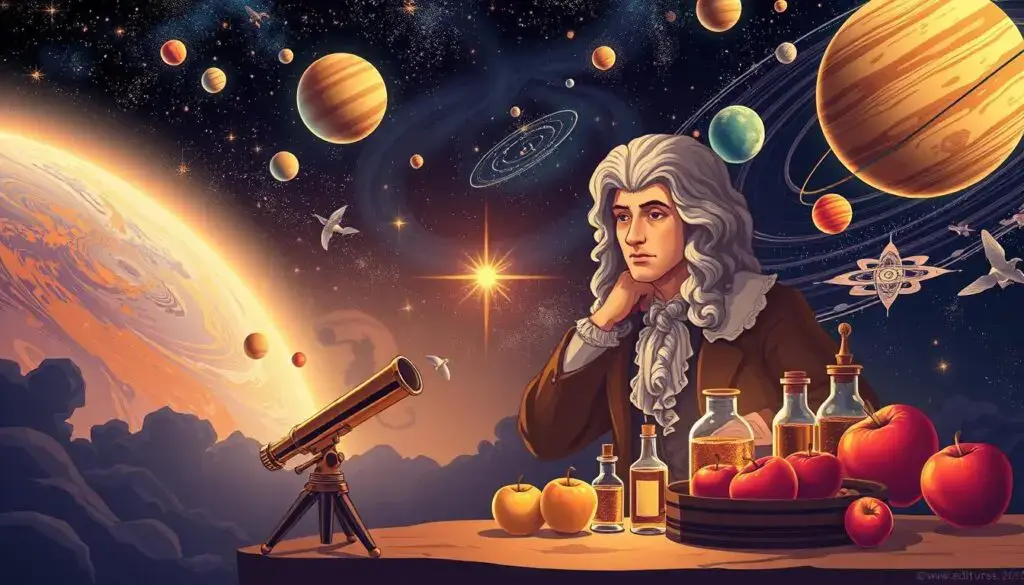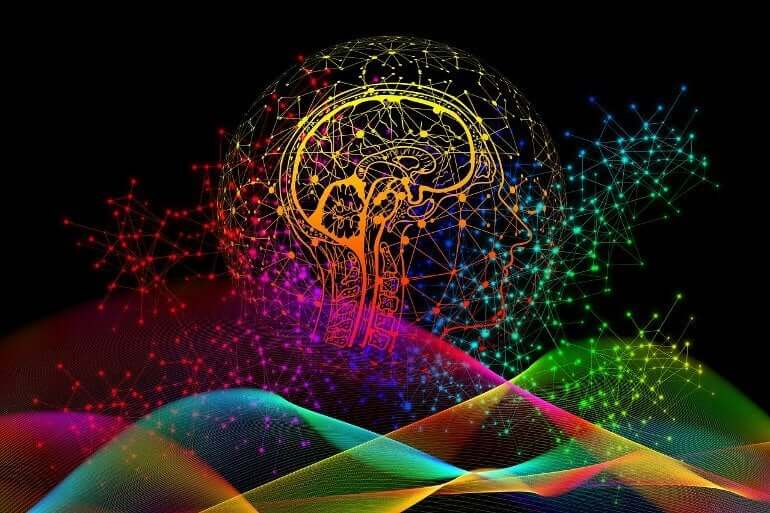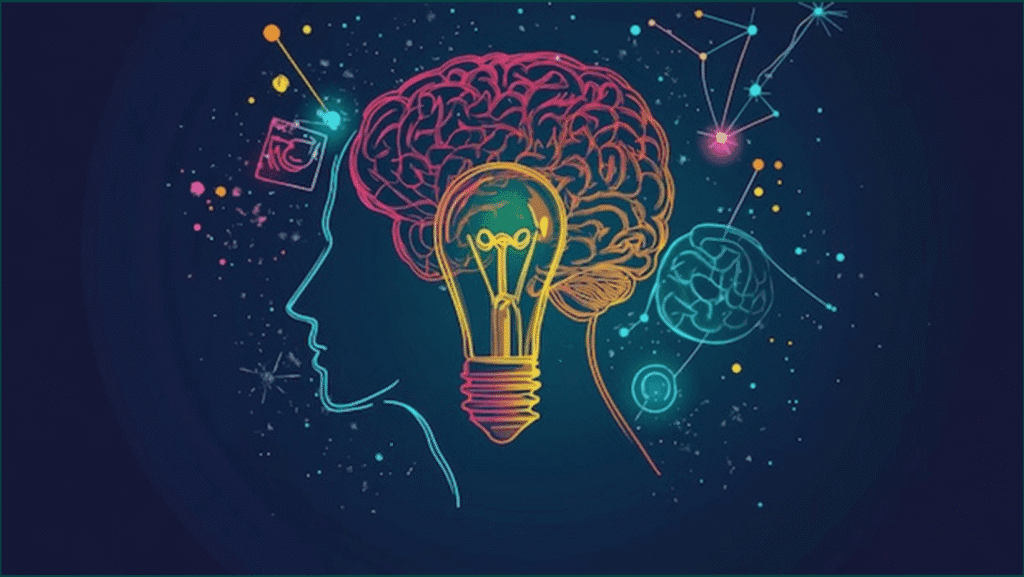
Sir Isaac Newton is known for gravity and motion, but his influence has far exceeded physics. His discoveries became an ingrained part of not only psychology and philosophy but the very essence of how humanity understands itself. Interestingly, the Newtonian universe can allow us to see ourselves in a new way.
Lesson 1: Human Habits According to the Law of Motion
According to Newton’s first law, a body in motion will remain in motion until acted on by another force. In the same way, a habit will continue unless interrupted by substantial effort. Psychologists refer to this as “behavioral inertia.” A 2012 study done by Duke University found that almost half of our daily actions are habitual. This means that we float through life on autopilot until we can overcome it. For instance, the habitual square smoking puffing can go on for years until some powerful decision or external action interrupts the behavior. Similarly, the habitual acts of kindness will at some point develop a natural rhythm of compassion.
In Islam, Allah makes a beautiful connection to this law when He says: “Indeed, Allah will not change the condition of a people until they change what is in themselves” (Qur’an 13:11). To affect real change requires inner effort.

Did you know?
Newton himself was quite spiritual? He studied scripture more than he studied physics or other inquiries? He spent many years cracking codes for hidden meanings in the Bible. Also, he felt his personal search for truth was similar to heavenly prophecy.
Read more: Beyond Tidy: The Reality of OCD
Lesson 2: Gravity and emotional attachments
Newton’s law of gravitation talks about how attraction occurs between objects. Similarly, there is an emotional attraction between people. Modern psychology backs this up and shows us what kinds of unseen forces allow human bonds to occur. Studies on “emotional gravity” show how easily moods travel and spread in groups. When one person feels anxious, the entire group begins to feel anxious. Relationships, marriages, and friendships orbit around each other. Some people stabilize us, while others destabilize us in movement. Our skillful choice of company can be compared to a choice of which planet to orbit.
The Prophet Muhammad ﷺ warned about all of this in Islam. He said: “A person is upon the religion of his close friend, so let one of you look at whom he befriends.” (Abu Dawood). The people we spend our time with gravitationally pull our hearts toward their emotional state. I wanted to illustrate this by providing you with a real-life case study of how this law works.
A young woman felt consistently depressed as she hung out with negative people. When she became a participant in a Qur’an circle, the emotional gravity of the people she associated with changed as her gravitational field started to be positively shifted. As she began to orbit healthier influences, her peace of mind kept increasing.
Lesson 3: Equal and Opposite Reactions in Relationships
Newton’s third law states that for every action there is an equal and opposite reaction. This means that in relationships, when we react to anger with anger, we double the amount of tension between us. When we respond to kindness with kindness, we can multiply the amount of love. Modern conflict-resolution psychology confirms this phenomenon and has shown that our reactions to the initial interaction will be repeated in the future. In a 2016 study published by Harvard, they found that couples who respond gently to criticism (and later had a conflict) gain higher levels of relational satisfaction. Acting on opposites interrupts the cycle of negativity.
The idea of response also prescribes balance and forgiveness in all things, especially relationships. For example, in the Qur’an, Allah states: “You will surely be rewarded twofold to repel evil with that which is better, and you will see that your enemy will turn into a close friend” (Qur’an 41:34). A good case study illustrates this perfectly. A teacher was insulted by a student in front of the class. Instead of reacting harshly, he calmly gave the student some advice. That gentle action demonstrated empathy. It altered the initial bad action and transformed the student into one of his most respectful learners.
Did you know?
Newton himself experienced harsh criticism about the sciences? Rather than fighting publicly, he chose to fight in his own arena, focused on his research, and reported his findings and let his findings do the fighting. This was a clear demonstration of the wisdom of his own law.
Lesson 4: Universal Laws and the Inner World
Newton postulated laws that govern the universe rather than chaos. The same applies to the mind, which follows certain patterns. Today, neuroscience has demonstrated that cognitive patterns have a substantial influence on behaviors and decisions. Just like gravity pulls an object, a pattern can pull a thought down a chain of emotions in a particular direction. A negative thought can pull the mind towards anxiety just as appreciating one’s life is more likely to draw the mind into peace. Psychologists call this “cognitive bias”. There are laws of inner-worldliness as well. Reaching a higher level of awareness allows us to change or ‘reprogram’ our inner patterns.

Read more: A Guide to Recovering from Trauma
Islamic point of view
Islam reinforces the concept of order within the order of the will. Allah says, “And the soul and He who proportioned it, and inspired it with its wickedness and its righteousness” (Qur’an 91:7-8). This is very telling, as it illustrates that the soul certainly has structure and, additionally, has inner rules.
Lesson 5: Light, Illumination, and Human Understanding
Newton determined that white light breaks down into a myriad of colors. This reshapes science for eternity. Spiritually, light is a symbol of knowledge and truth. The human mind is analogous to a prism. Experiences and wisdom are transmitted as light and then split into emotions, memories, and insights.
Psychologists reiterate the idea of “cognitive reframing” with this. Whereas our perspective of the same event can either be a tragedy or a growth opportunity.
The light doesn’t change, but the prism shows a different outlook. The Qur’an frequently refers to divine guidance as light. Allah says, “Allah is the Light of the heavens and the earth,” (Qur’an 24:35). That guidance is reflected in the human heart, expressing various colors of patience, faith, and hope.
Did you know?
Newton temporarily blinded himself in the pursuit of the light for his associated experiences? His pursuit of illumination was not only scientific inquiry but a reflection of the human thirst for inner understanding.

Final Thoughts
Newton provided us with formulas for stars and planets and forces, yet quietly his wisdom relates to the mind of a person. His laws of motion show the psychology of habits. His gravity explains emotional attraction. Also, his equal and opposite reaction describes a couple’s relationship. His universal law shows the order of thought patterns. His experiments with light show us insight and reframing.
Although Newton did not express it directly through psychology, the hidden lessons of Newton have already impacted our thoughts as humans. When we combine the truths within the cosmos with the truths of our inner worlds, we reveal the timeless secrets to our growth.



Leave a Reply